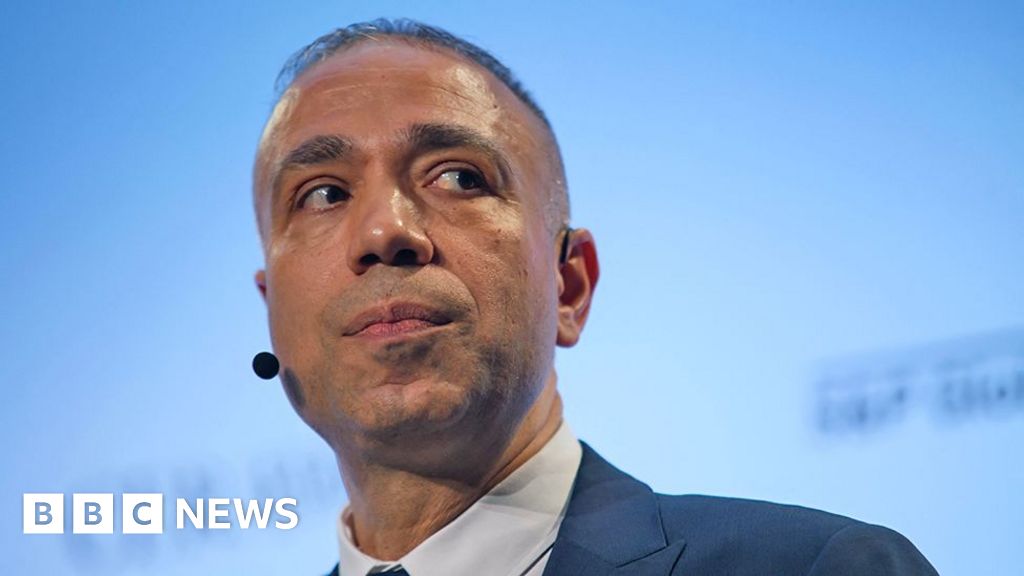Counterfeit fentanyl pills are being seized by US law enforcement at an unprecedented rate. A study published May 13, 2024, in the International Journal of Drug Policy indicated that more than 115 million pills containing illicit fentanyl were seized by US law enforcement in 2023.
The researchers behind the study said the number had grown from 71 million pills in 2022 and 50,000 pills in 2017.
The counterfeit fentanyl pills are made to look like legal prescription opioid medication — such as oxycodone and tramadol — but are often far deadlier than the originals.
"Fentanyl in pill form is now beginning to dominate the drug supply [in the US]. Pills are easy to ship and disguise and can also be marketed easily, as Americans have a reputation of loving their pills," said Joseph Palamar of NYU Langone Health in the US. Palamar led the study.
Fentanyl is exacerbating the US opioid crisis
Public health officials have warned that a growing illicit fentanyl supply into North America is the main factor in the country's ongoing opioid crisis.
Fentanyl is a synthetic opioid 50 times stronger than heroin — doses as small as two milligrams of fentanyl can be lethal.
A single pill of illicit fentanyl can contain enough of the drug to cause an overdose.
Fentanyl was responsible for 70% of drug overdose deaths in 2022 in the US, and more than 200 deaths every day. More than a quarter of a million Americans have died from fentanyl overdoses since 2018.
Drug dealers often mix fentanyl with other drugs — including heroin, methamphetamine, and cocaine — without the user's knowledge. As a result, said Palamar, many young people were overdosing after taking pills that they didn't know contained fentanyl.
"Public health efforts are needed to help prevent these pills from falling into the hands of young people," said Palamar told DW via email.
Fentanyl, America's silent killer
Where does fentanyl come from?
Most of the chemicals needed to make fentanyl are synthetically produced in labs in Asian countries, predominantly in India and China.
These chemicals are then transported to North America, typically via Mexico or Canada, where they are synthesized into fentanyl.
"Most illicit fentanyl is coming into the US through Mexico, but not all of it. Fentanyl can also arrive by other means, including mail. A lot of powder is converted to pills in the US," Palamar said.
The drug is most often smuggled across the US-Mexico border by individuals acting as so-called drug mules for the cartels.
"This global production line means that there is an increased need for moving things across borders. The fentanyl market is highly reliant on ways of moving illegal substances across borders in one way or another," said Peter Ejbye-Ernst, a sociologist at the Netherlands Institute for the Study of Crime and Law Enforcement.
But experts said it was difficult to determine whether the increase in fentanyl seizures represented an increased supply of the drug, or higher successes from law enforcement in tackling drug smuggling.
Is illicit fentanyl a problem outside the US?
Where available, estimates show the vast majority of illegal fentanyl use and related deaths are in the US. Ejbye-Ernst said the US was facing an opioid crisis due to many factors unique to the country's society.
"[Like] the way the healthcare system is structured, the drug culture, the history with prescription of certain medications, the way people struggling with addiction are treated and viewed," Ejbye-Ernst told DW.
By comparison, fentanyl is considered a small issue in the European Union — it was linked with 49 deaths in 2021 in the EU — but misuse of opioids is on the rise in Germany and some other countries.
"A striking example is Estonia, where fentanyl entered the market in the early 2000s and where overdose deaths to this date are almost six times higher than the European average," said Ejbye-Ernst.
But in terms of scale, Ejbye-Ernst said North America was still the "epicenter" of the opioid crisis.
Edited by: Zulfikar Abbany
Primary source:
National and Regional Trends in Fentanyl Seizures in the United States, 2017-2023. Published in International Journal of Drug Policy by Joseph J. Palamar, Nicole Fitzgerald, Thomas H. Carr, Linda B. Cottler, Daniel Ciccarone https://doi.org/10.1016/j.drugpo.2024.104417

 5 months ago
21
5 months ago
21








